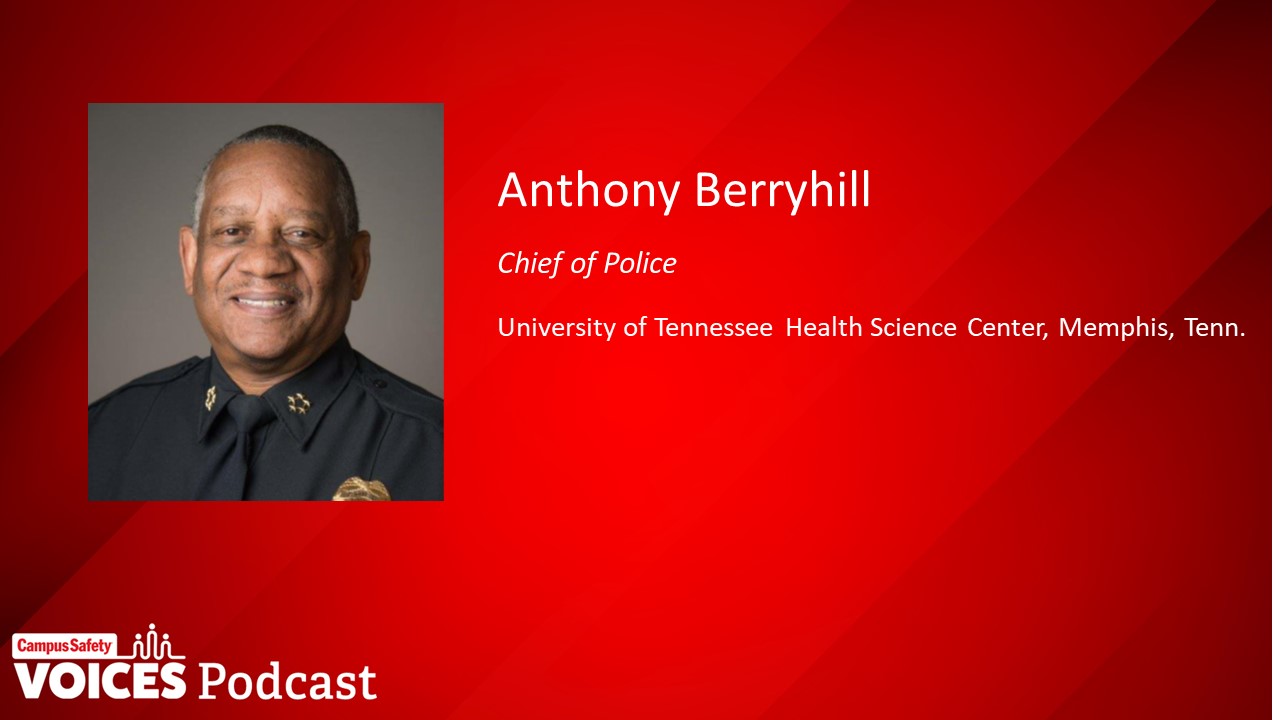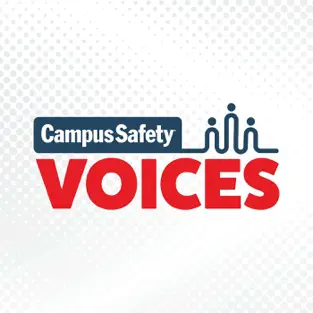MEMPHIS, Tenn. — The University of Tennessee Health Science Center (UTHSC) houses six doctoral-degree-granting colleges, including dentistry, graduate health sciences, health professions, medicine, nursing and pharmacy. In fiscal year 2021, UTHSC faculty received over $100 million in external funding for research, and the campus contributes $4 billion to the Tennesee economy.
The ancient adage, “With great power comes great responsibility,” can be applied to protecting this medical university.
“We have a radiobiological laboratory. We have some of the worst germs there are in the country here that research is being done on,” says UTHSC Campus Police Chief Anthony Berryhill, a 2022 Campus Safety Director of the Year Higher Education finalist. “We have a radiation room which extra security has to be on location because people who wish ill will on you or on the country would love to get their hands on some of the things that are in that room.”
To protect these assets and its people, UTHSC started a behemoth safety and security project in 2016, just as Berryhill became police chief. Berryhill hit the ground running, working with various university officials to complete the project, which partly consisted of installing thousands of new cameras. When Berryhill first started, there were 300 cameras. The campus is now up to 3,700 cameras.
“It’s hard to go pretty much anywhere without being seen, and now we’re in the process of upgrading some of our exterior cameras so that we can get better recognition on license plates,” he told Campus Safety. “There’s a lot of growth still and development that’s going on on this campus as a whole, as well as within the department.”
[promo_content slug=”2022-campus-safety-director-of-the-year-winner-announcement-at-csc”]
Supporting and Protecting Students, Faculty from All Walks of Life
Along with the extraordinary circumstances of the campus’ assets and intellectual property are the unique requirements for making its people feel safe. UTHSC draws in some of the brightest minds — both students and faculty — from all around the world. While diversity is welcomed and encouraged, it poses challenges since all cultures have their own ways of communicating and also their own viewpoints on and experiences with police.
“You need to know how to address people, you have to be able to embrace other cultures — there can’t be any biases or prejudices when it comes to that. We have to be able to de-escalate a situation that may work for Memphis, it may work for Americans, but when you have other cultures involved, you have to take a step back and approach it from a totally different perspective,” Berryhill says. “They have certain expectations from themselves, their family has certain expectations of them, and, naturally, we have to make those adjustments to embrace the different cultures as we move along our day-to-day business.”
There are also some significant advantages to protecting a medical campus versus a “typical” higher education institute.
“They are grad students who are trying to become doctors [which] allows me to not have to deal with some of the other things that you get on campuses that still have athletic teams and fraternity rows and things of that nature,” Berryhill says.
Listen to the full interview to hear more, including how Berryhill completely reformed the culture of the UTHSC campus police department through initiatives such as community events and accreditations.









